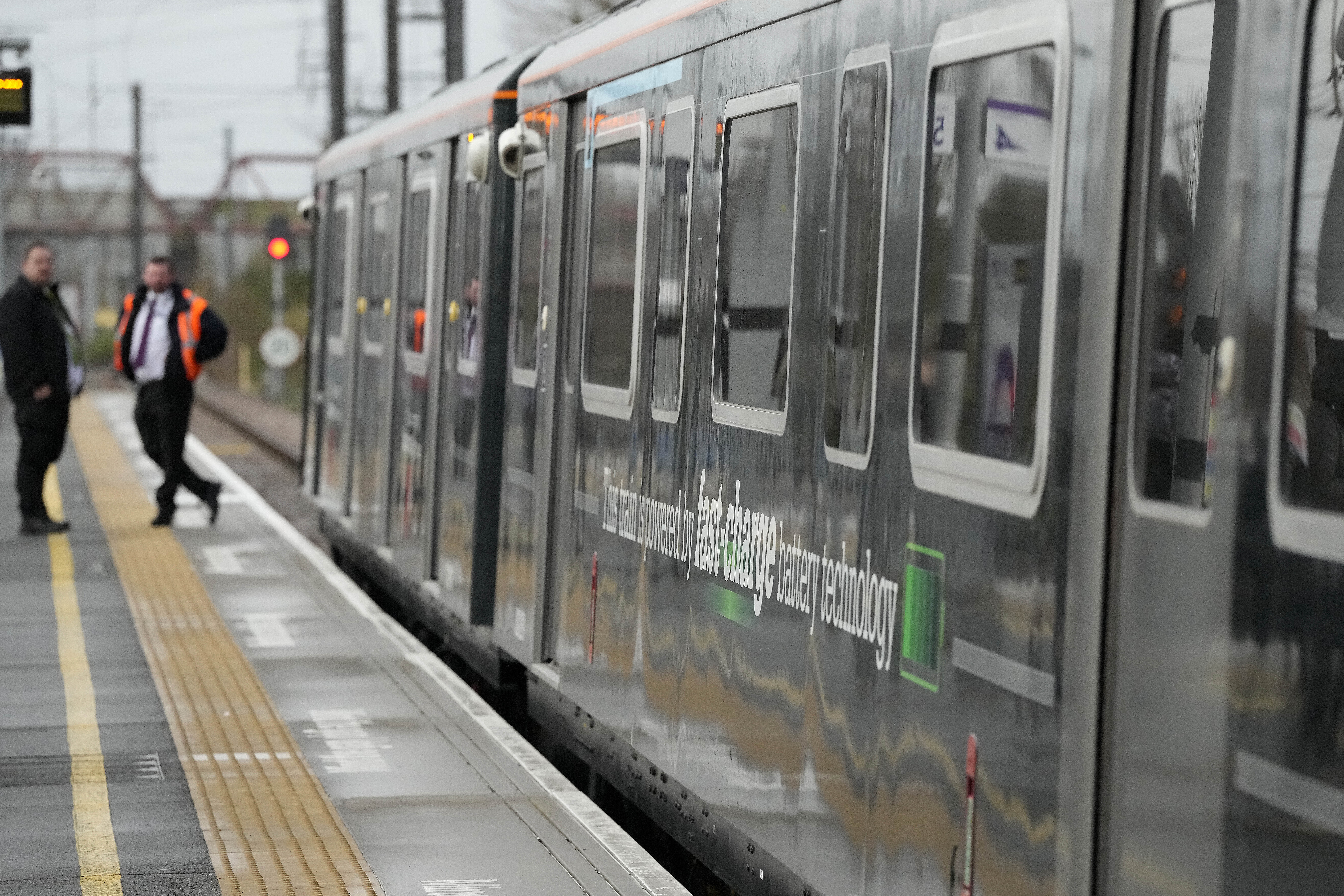
LONDON - Britain's opposition Labour Party said it planned to renationalize the country's rail network within five years without paying compensation to private operators as it set out its plans to fix the troubled railway system.
Labour wants to set up a publicly owned Great British Railways which will inherit passenger rail contracts currently held by private firms as they expire, a process it expects to be completed within its first term in office.
The party leads the governing Conservative Party by around 20 percentage points in opinion polls with a national election expected later this year.
"Labour will deliver the biggest overhaul to our railways in a generation," Labour transport policy chief Louise Haigh said ahead of a speech on Thursday setting out the plans.
Nearly 70 percent of voters support bringing train operators back into public ownership permanently, a poll conducted this month by polling firm YouGov showed
Britain's train services were privatized in the 1990s but several operators have been renationalized in recent years, some of them losing their franchises after underperforming.
Nearly 70 percent of voters support bringing train operators back into public ownership permanently, a poll conducted this month by polling firm YouGov showed. Fewer than 10 percent opposed it.
ALSO READ: UK parliament passes Rwanda asylum law as Sunak vows flights will start in weeks
The current government of Prime Minister Rishi Sunak has also proposed, establishing a new Great British Railways (GBR) company but with a different role.
The government's proposals would group responsibility for rail infrastructure and services under GBR while maintaining a franchise system, giving it the role of contracting out passenger services to private firms.
The government has highlighted the need for private sector involvement to boost efficiency in the network after the coronavirus pandemic reduced commuting by passengers.
Latest statistics show that cancellations in the last three months of 2023 were at their highest level since records began in 2018 although industrial action by staff was a factor behind some of the problems.
ALSO READ: UK PM Sunak to consult on tougher rules to combat 'sick note culture'
Labour said the increases in cancellations and rail fares showed the current system - with four rail operators already managed by the government - had failed.
It said it planned to establish a Passenger Standards Authority to hold GBR accountable for its performance and passengers would be given price guarantees for future fares.


